Leveraging the Design-Build Model for Hospitality Profitability
The hospitality industry is seeing an upswing in leisure travel spending, providing hotel owners the opportunity to not only capitalize on increased demand but also find ways to improve cost efficiencies, argues Scott Acton, CEO & Founder of Forté Specialty Contractors.
By Scott Acton, CEO & Founder, Forté Specialty Contractors
2017 has proved to be a particularly interesting year for the economy, from the impact of the election cycle on spending, movements in the bond and currency markets, interest rates rising and the baby boom generation still working away, to name a few.
The Hospitality Shift: Business vs. Leisure
One of the shifts we have seen in the hospitality industry is an upswing in the leisure travel market and a downturn in business travel. Whereas business travel has decreased, according to Deloitte’s 2017 hospitality outlook, the hotel industry is now seeing unprecedented growth in leisure travel spending, which is expected to push the market to $381 billion by the end of 2017. With factors like job market improvements boosting family income for the first time since 2007, and millennials spending roughly $200 billion a year on trips alone, seeking experiences to define them, the hospitality industry is in a unique position—and at a more critical point than ever—to look at their operations and the experience they are creating for their guests.
Breaking Down the ROI of Design-Build in Hospitality
As a specialty contractor for leading hospitality brands, we hear from clients across the board that their primary goal is to ensure the guest experience is not only memorable, but also leaves a lasting impression and keeps guests returning. They must find ways to further generate demand by standing out and continuing to wow guests through the entirety of their experience down to, what may seem to some, even the smallest detail.
To cater to the demanding leisure traveler and capitalize on this spending shift, the hospitality industry stands to benefit from taking a closer look at the design-build model. While a one-size-fits-all approach will not work for every owner and operator, since each has a distinct demographic and other factors to consider for their respective properties, financially, the design-build model across the board makes better sense. How?
- The bid process is eliminated entirely. By eliminating the bid process, having one point of contact and integrated services, administrative and management time is reduced by eliminating duplicate efforts. This allows the owner to focus on their site and the details that truly matter so they can deliver a first-in-class experience for their guests.
- The owner has only one point of contact. This saves the owner time and money instead of hiring separate companies (architect, designer, contractor, etc.) and their various project managers. Design-builders operate within one entity. This makes the process easier and more cost-effective for the owner throughout the development.
- Services are integrated, and costs and time are minimized. Because the design and construction services are integrated and design builders have access to real-time construction pricing, cost-effective materials and methods, all parties operate from the same page and can create incredible time efficiencies.
Simply put, the design-build model saves time and money. Construction can begin while the design process is being delivered, allowing the operator to do what it does best: maintain continuity while welcoming and impressing the guest through the full experience, without otherwise detracting from the guest’s expectations and the hotel’s bottom line.
Scott Acton is the CEO & founder of Forté Specialty Contractors, a Las Vegas-based construction and design-build firm specializing in building experiential venues in the hospitality, restaurant, retail, nightlife and entertainment industries.

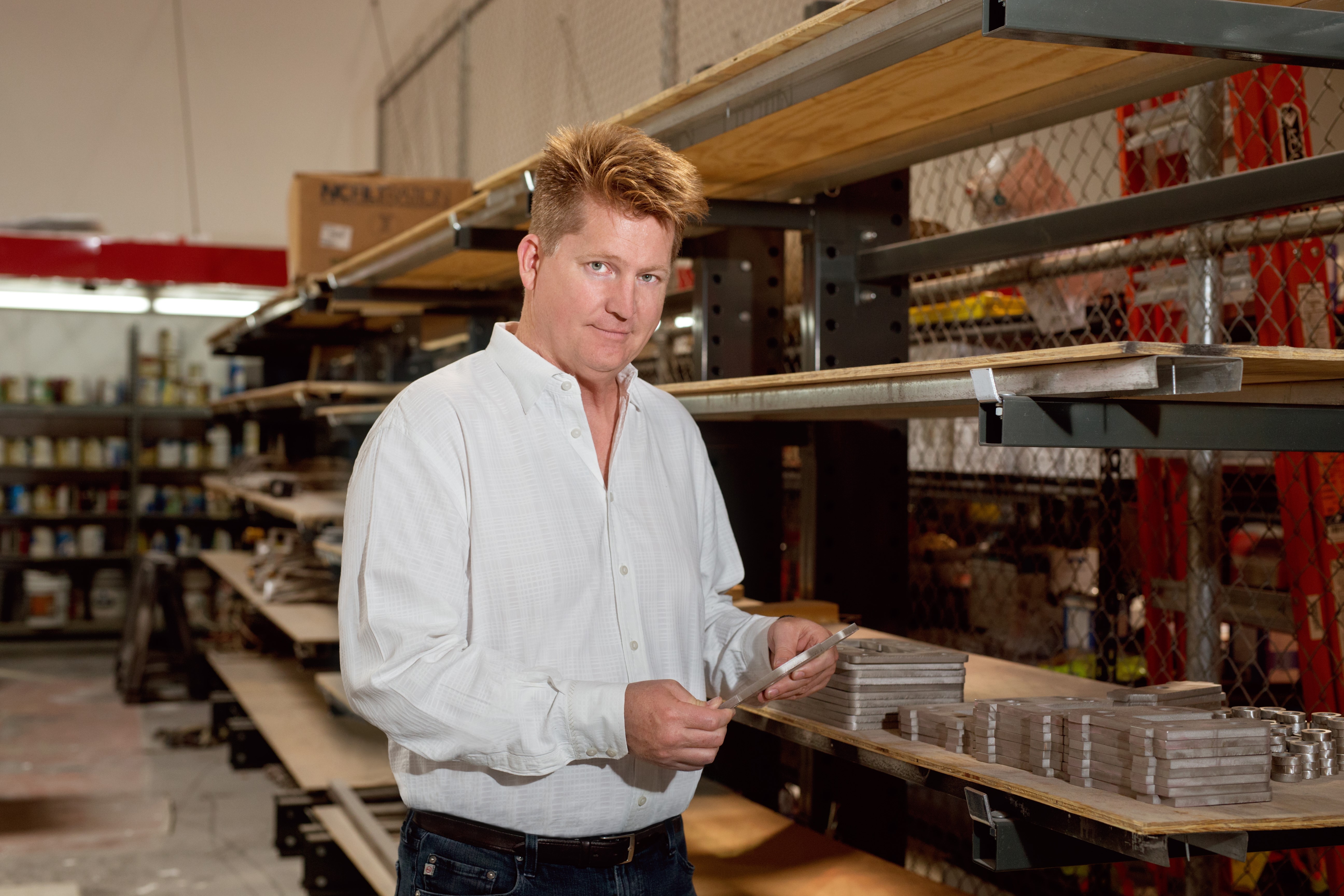

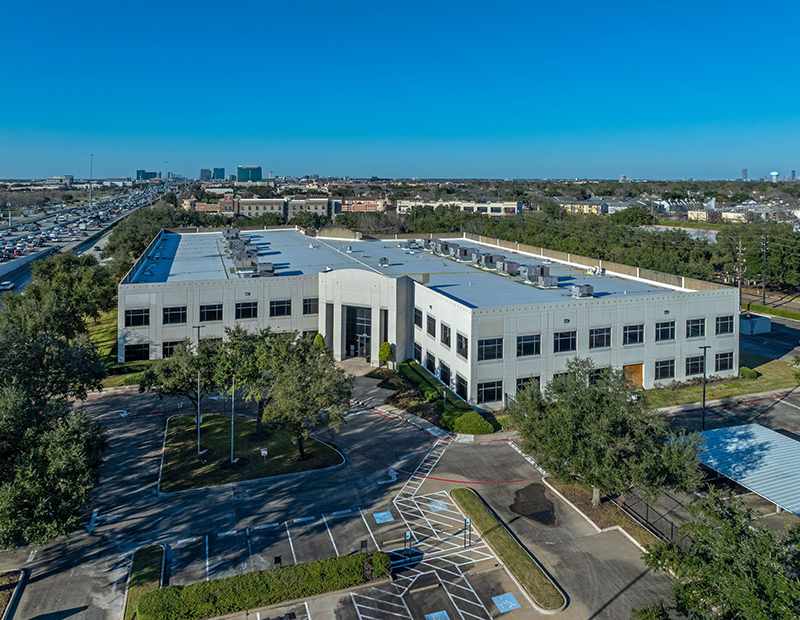
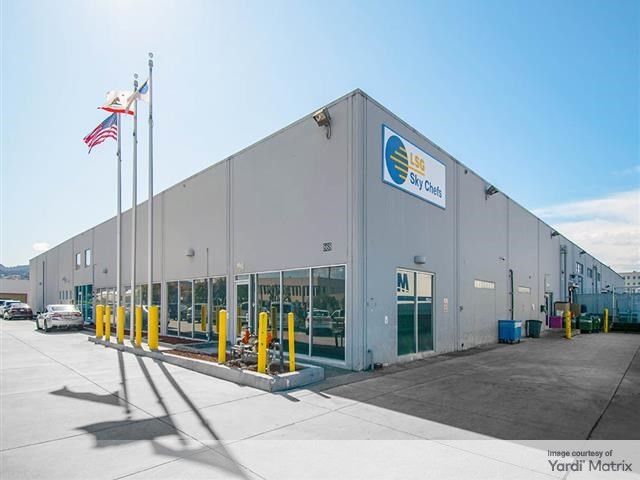
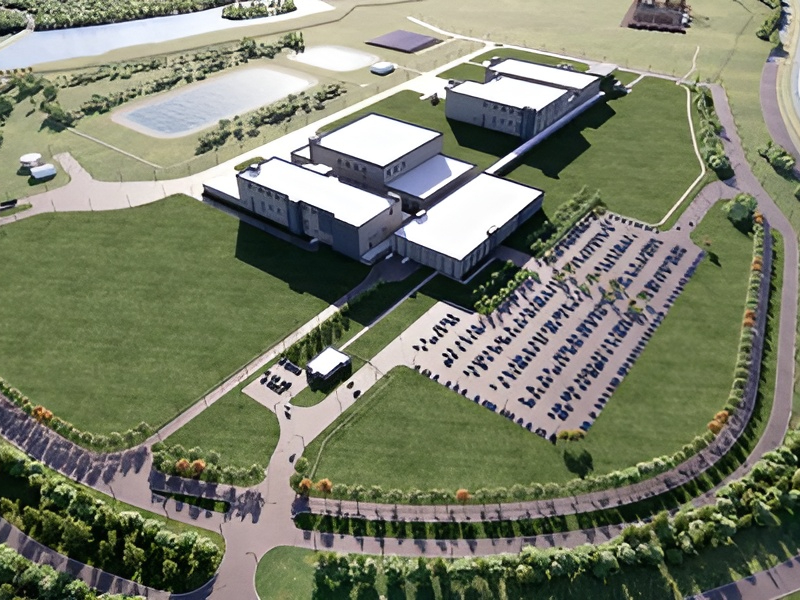
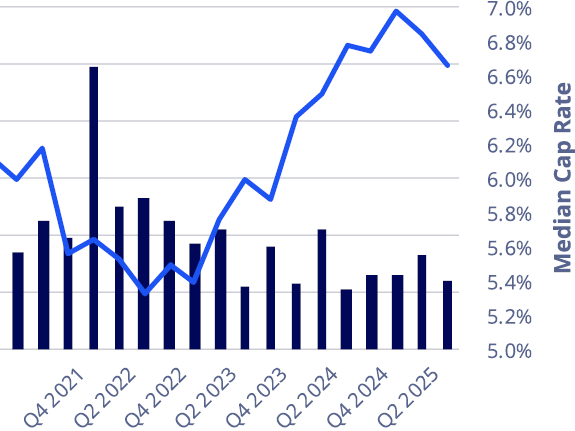
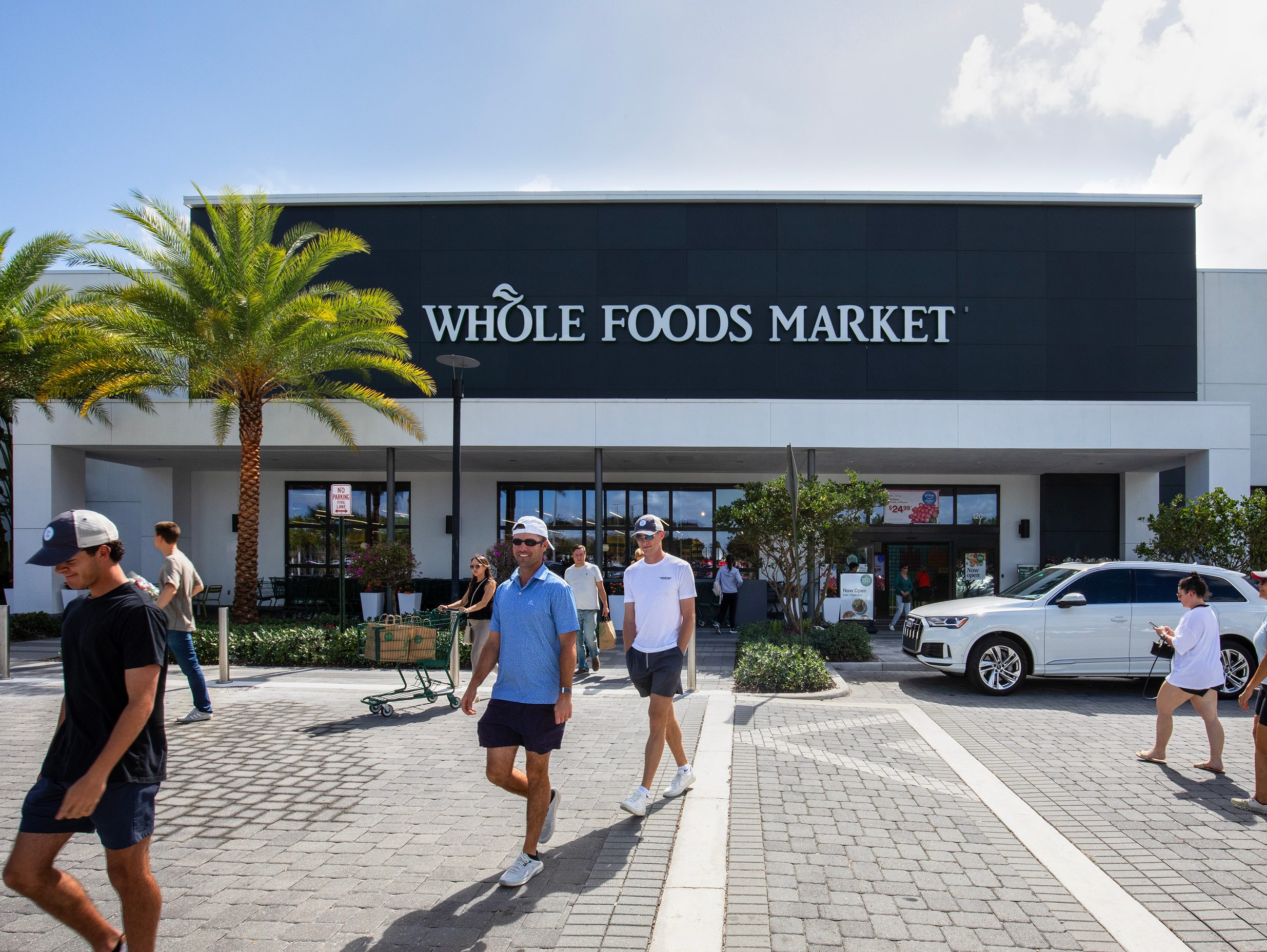
You must be logged in to post a comment.